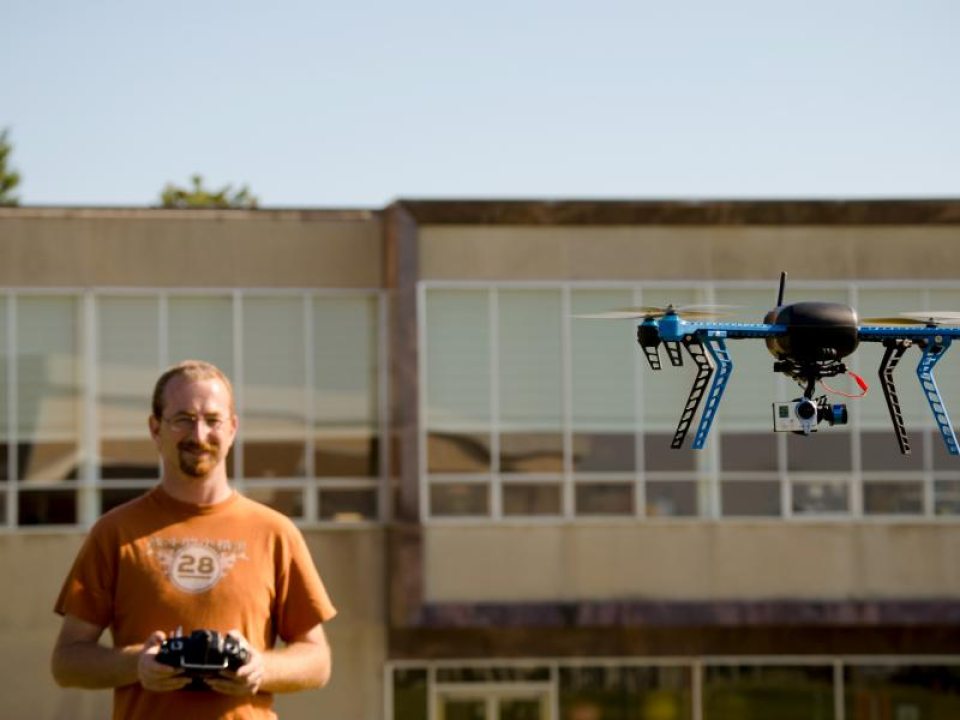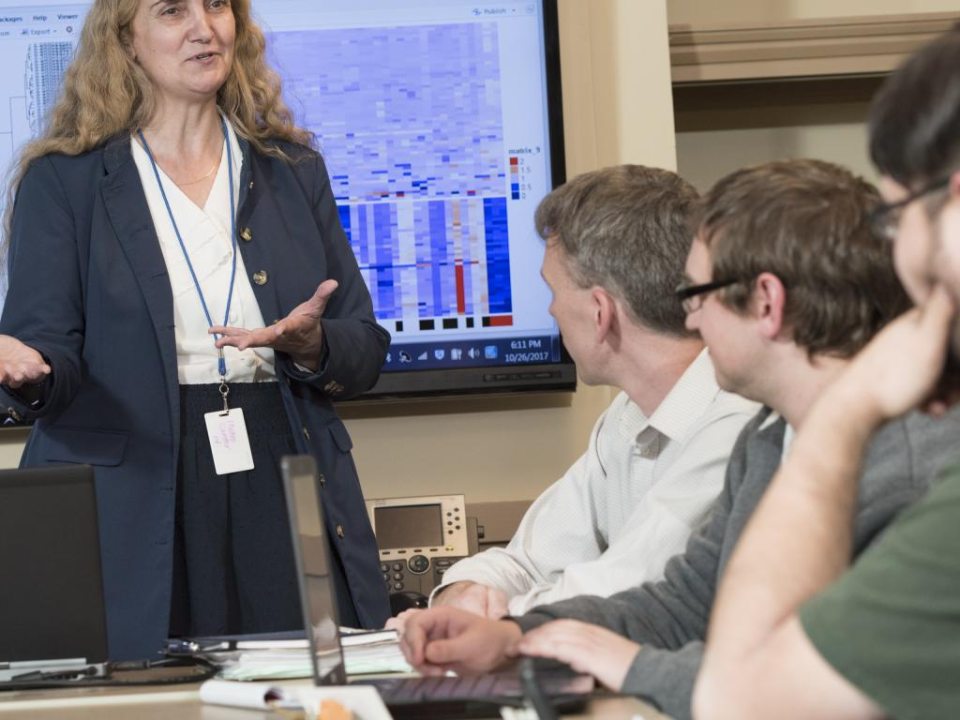Undergraduate Majors
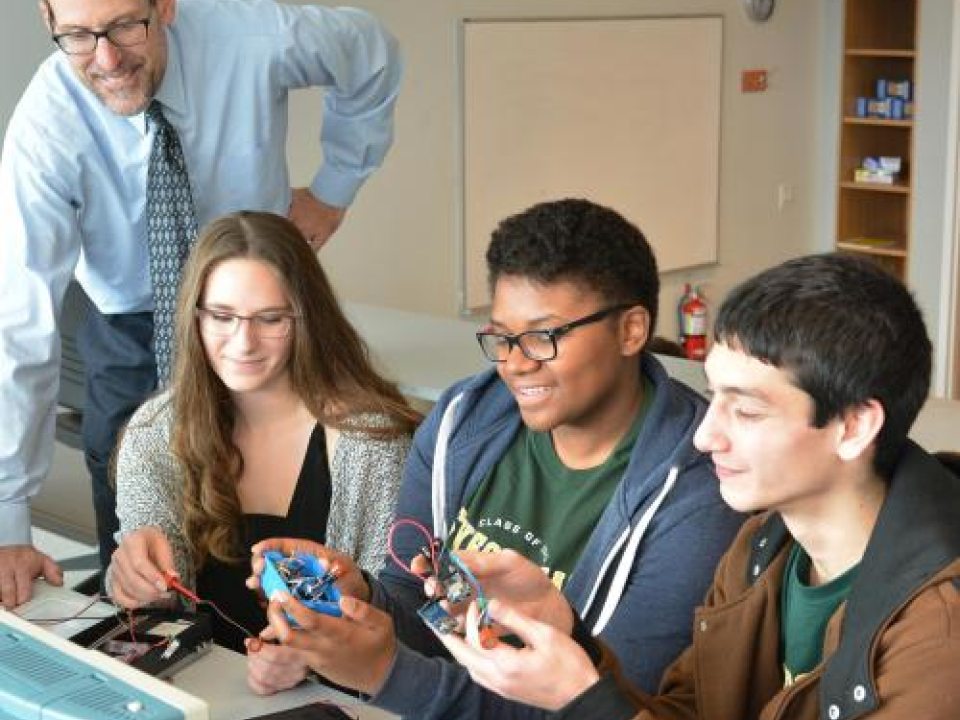
Computer Science
Much of our computer science program uses project-based learning, both within courses and in supervised student research.
View courses:
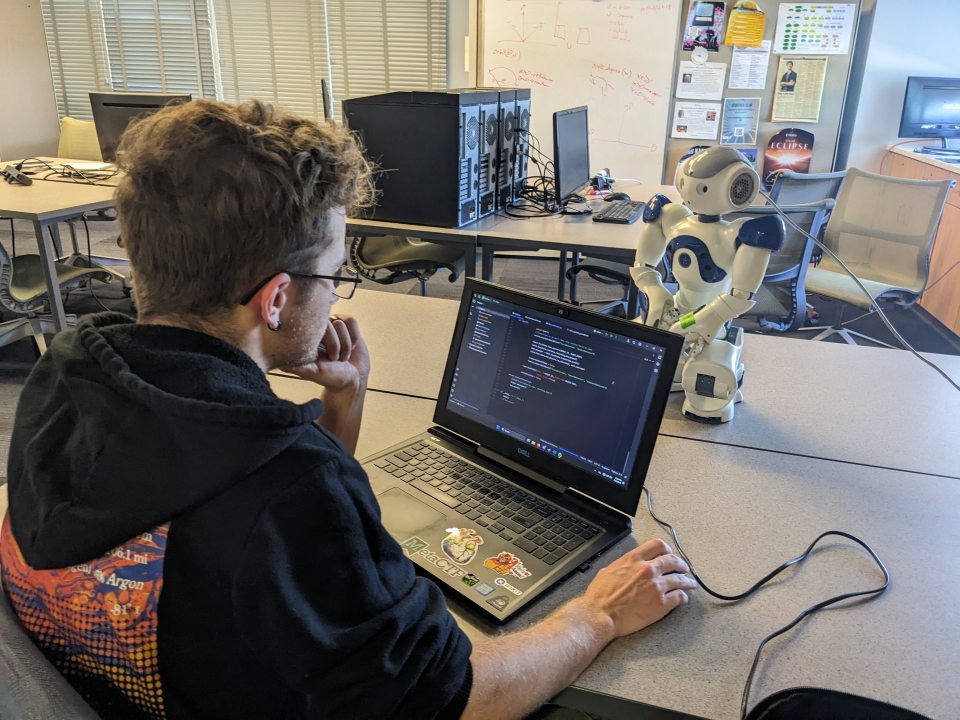
Cognitive Science
A multidisciplinary field of 6 different sciences: Artificial Intelligence, Anthropology, Linguistics, Neuroscience, Philosophy, and Psychology.
View courses:
Information Science
Marrying a strong technical component with coursework in the human aspects of computing, our information science program will provide you with the skills to link people and technology.
View courses:
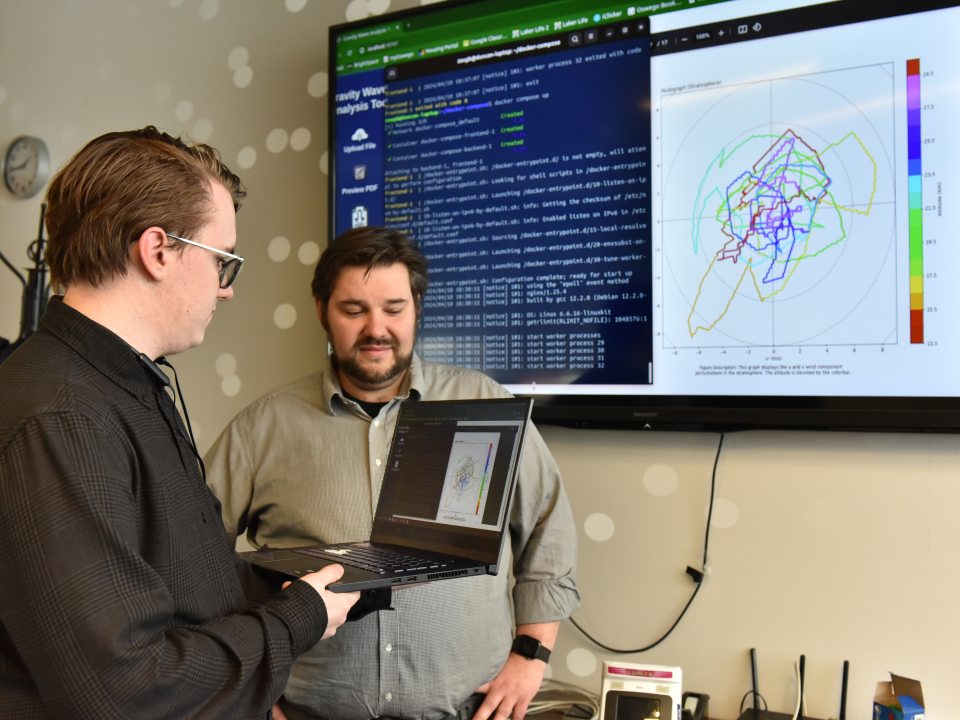
Software Engineering
Our strong software engineering program, led by highly credentialed faculty committed to undergraduate education, offers a project-based curriculum with a great deal of faculty/student collaboration solving real-world problems.
View courses:
